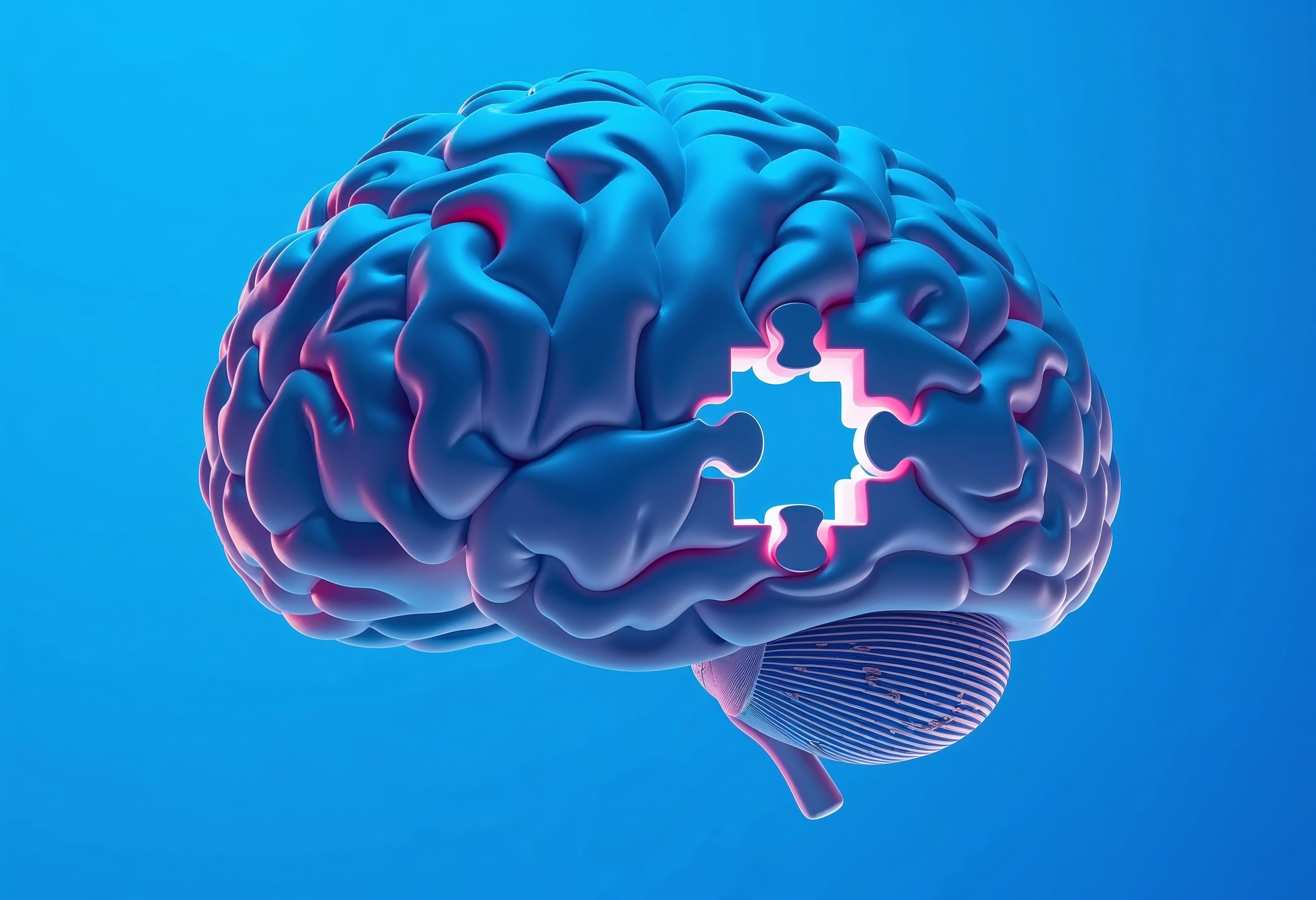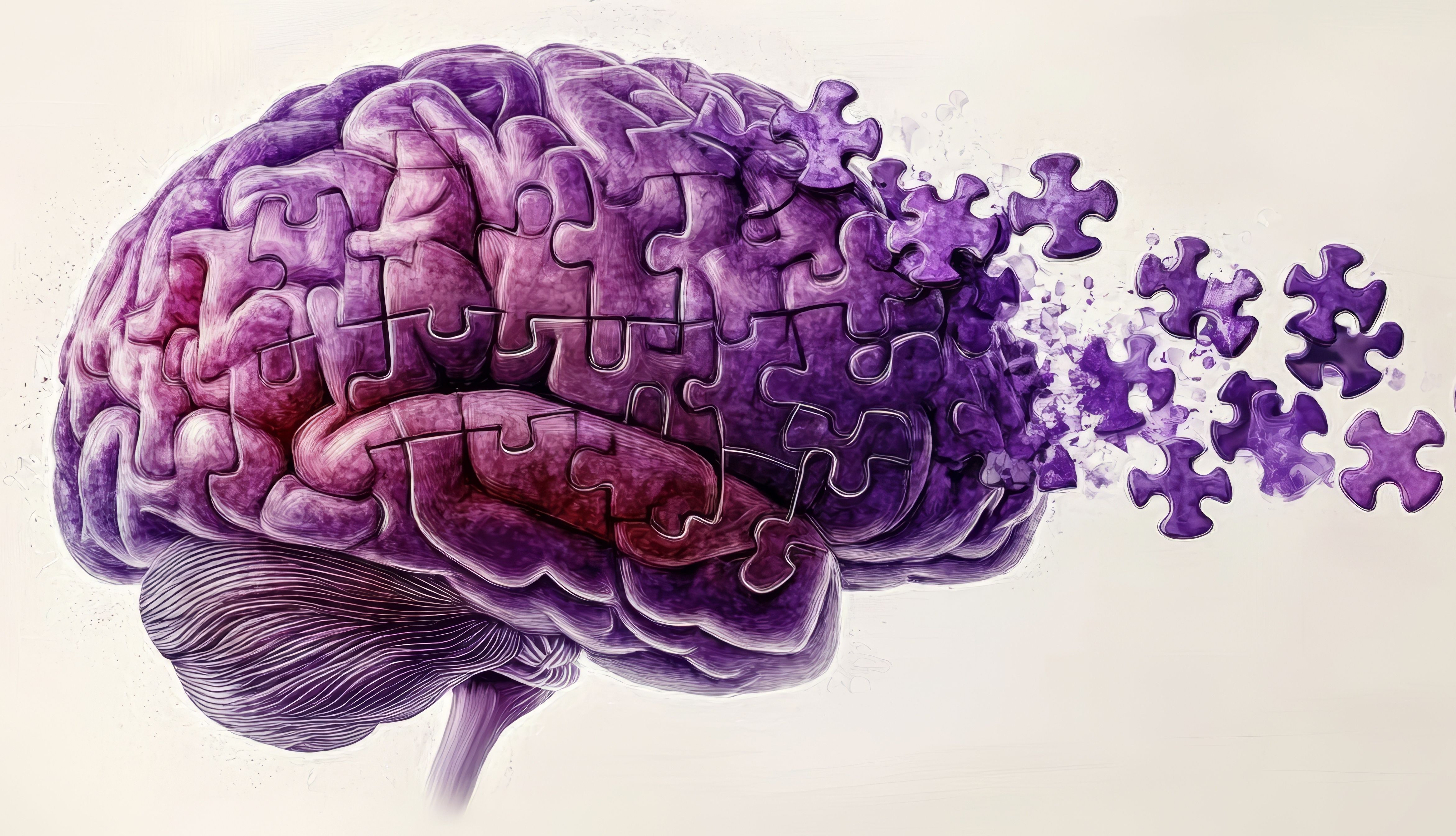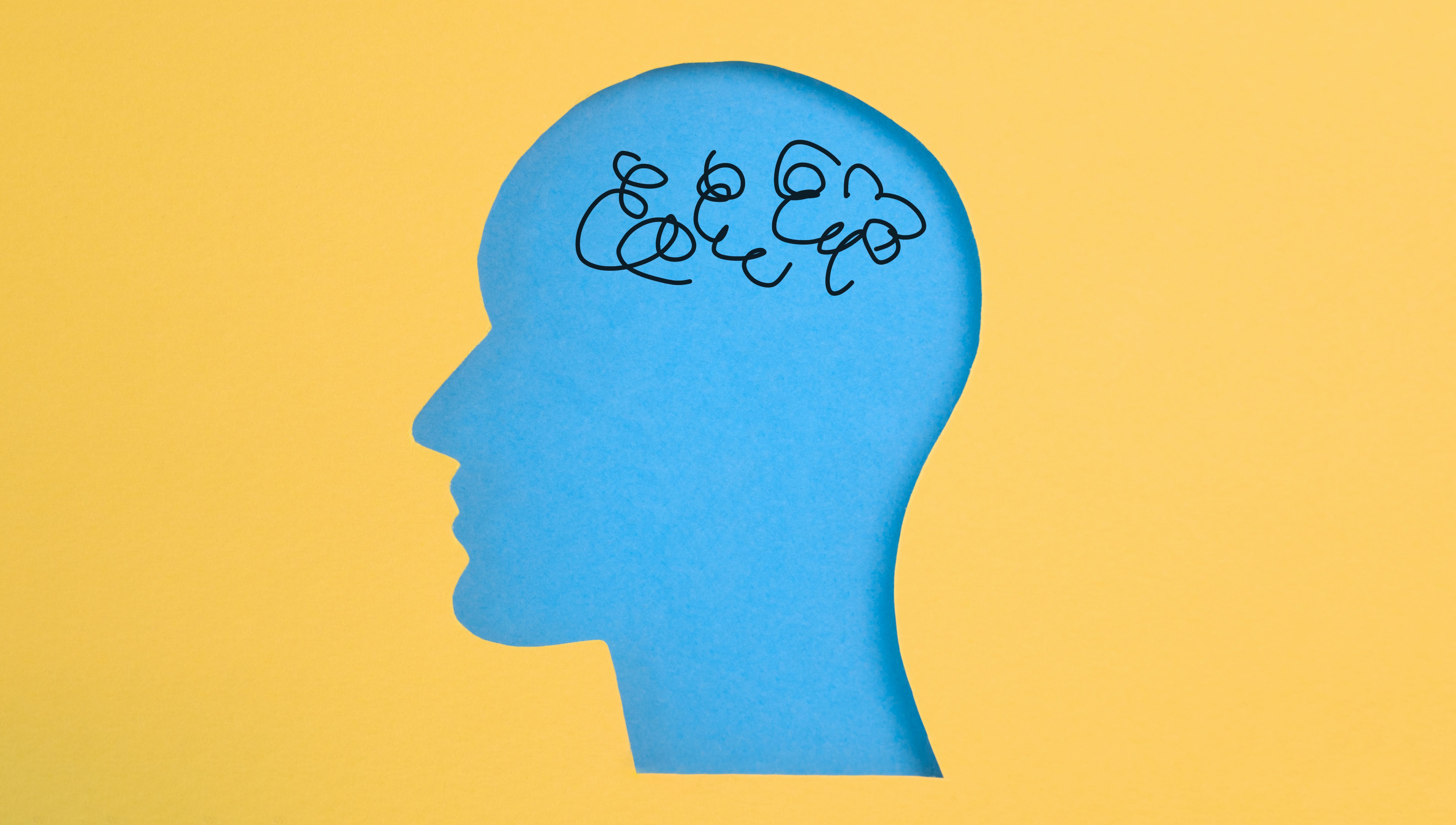
Cognitive Disorders
Latest News
Latest Videos
Podcasts
CME Content
More News
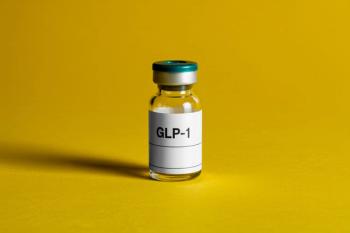
Semaglutide shows promise in enhancing cognitive function for individuals with psychiatric disorders, particularly improving memory and overall cognitive outcomes.

Late-life depression poses unique challenges, impacting cognitive function and requiring tailored treatment strategies for older adults.

Explore the challenges and strategies of deprescribing in geriatric psychiatry to enhance patient safety and reduce polypharmacy risks.

Alto Neuroscience reveals EEG biomarkers effectively distinguish patients with schizophrenia, enhancing treatment precision and advancing psychiatric research.

Explore the evolving perceptions and treatments of sexual deviance, particularly pedophilia, from historical views to modern psychiatric approaches.
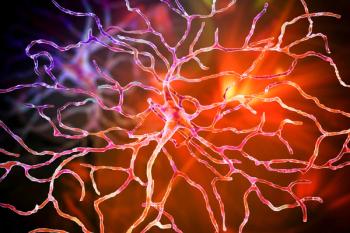
Neuroplasticity enables the brain to adapt and recover after injury, emphasizing the importance of multidisciplinary rehabilitation for effective healing.

Dive into the forms of assessment for cognitive dysfunction in relation to the diagnosis and treatment of schizophrenia.

Understanding decisional capacity is crucial for effective patient care, emphasizing the need for tailored assessments and support to enhance autonomy.
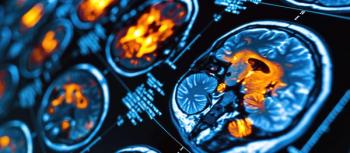
A groundbreaking study reveals that reduced cortical thickness in the parahippocampus may indicate major depressive disorder and neuroticism traits.

In this CME article, learn more about the complexities of neuropsychiatric symptoms in Parkinson disease, including psychosis and cognitive impairment, and effective treatment strategies.

It is critical to recognize the early signs of schizophrenia and provide timely intervention to prevent full-blown psychosis in adolescents.
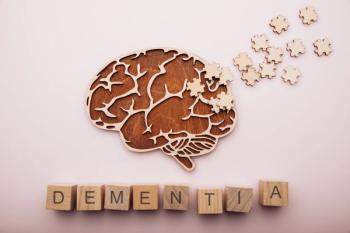
Explore effective strategies for dementia risk reduction and understand the importance of early cognitive assessments in aging adults.


Here are highlights from this week in Psychiatric Times, including positive clinical trial news for an ADHD treatment and an exclusive interview on the joint statement defending psychotropic medication safety.

The prevalence of tobacco use in schizophrenia is over 60%—3 times that of the general population. However, the reason for the high prevalence of tobacco use in schizophrenia remains largely unknown.

Learn more about key findings on sex differences in cognition, exploring the possible causes and implications for clinical practice.

Disruptions to cognitive control, as well as to emotional processes, are implicated in a wide range of psychiatric disorders.

Cognitive symptoms affect between 85% and 94% of patients with major depressive disorder. Despite this prevalence, cognitive dysfunction often remains undertreated and inadequately addressed in routine clinical practice.

Review various aspects of cognition in our latest Special Report.

For older adults, hoarding disorder can have serious consequences. Examine this case study to learn more.

Experts shared the study results in a poster presentation at the 2024 ASCP Annual Meeting.
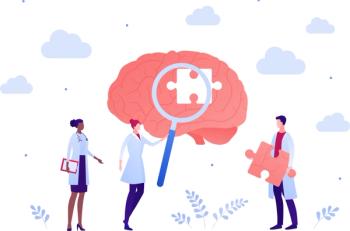
For the past 7 decades, there has only been 1 mechanism of action for schizophrenia treatment. Christoph Correll, MD, talks new options and cognitive impairment at the 2024 APA Annual Meeting.

The current system of extrajudicial medical holds does not protect the rights of those who lack capacity to care for themselves due a medical condition.
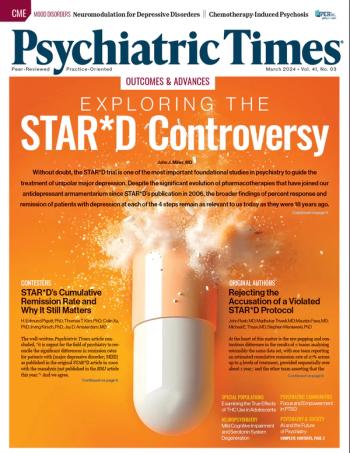
The experts weighed in on a wide variety of psychiatric issues for the March 2024 issue of Psychiatric Times.

From the relationship between glucose fluctuations and cognition in patients with type 1 diabetes to augmentation strategies for treatment-resistant depression, here are highlights from the week in Psychiatric Times.

